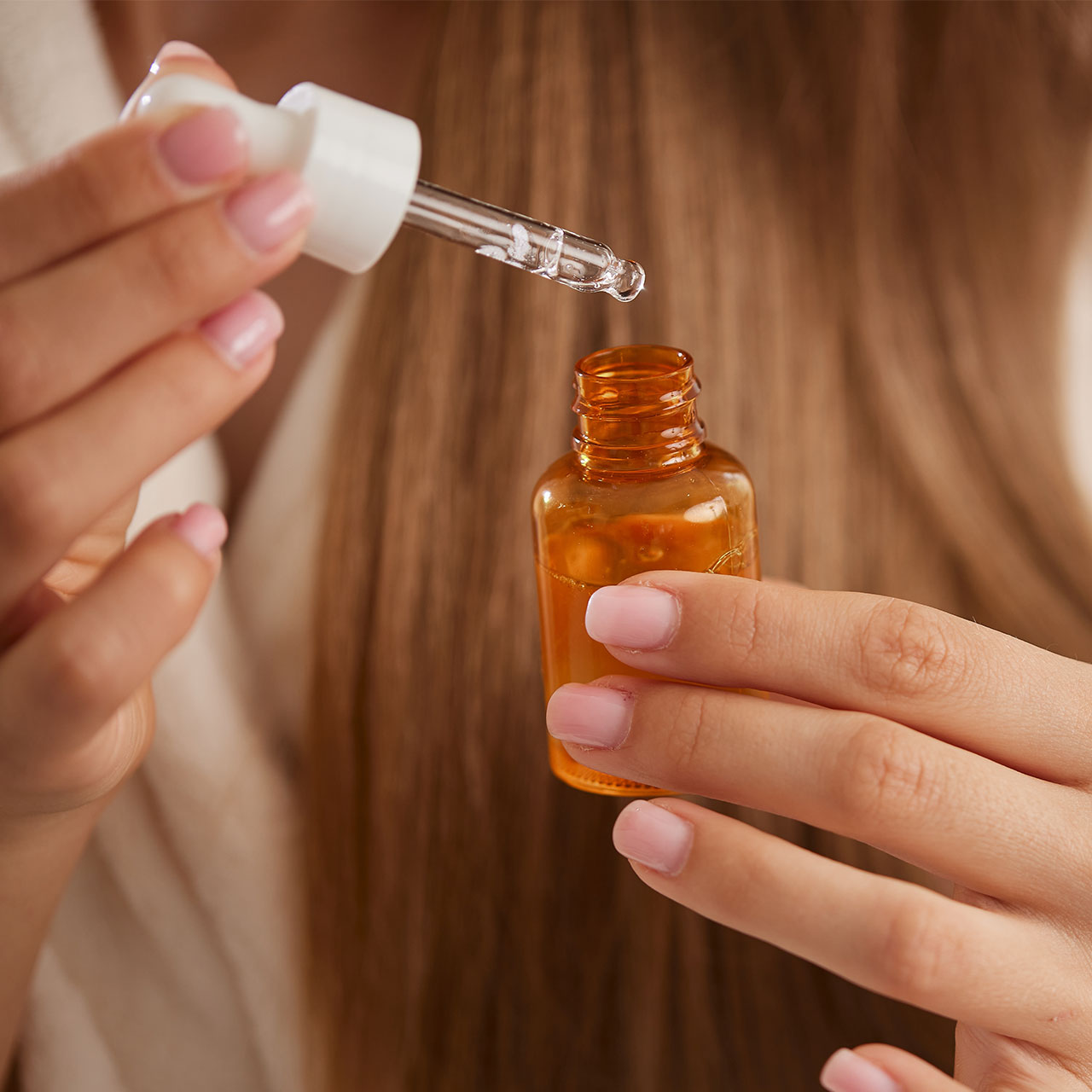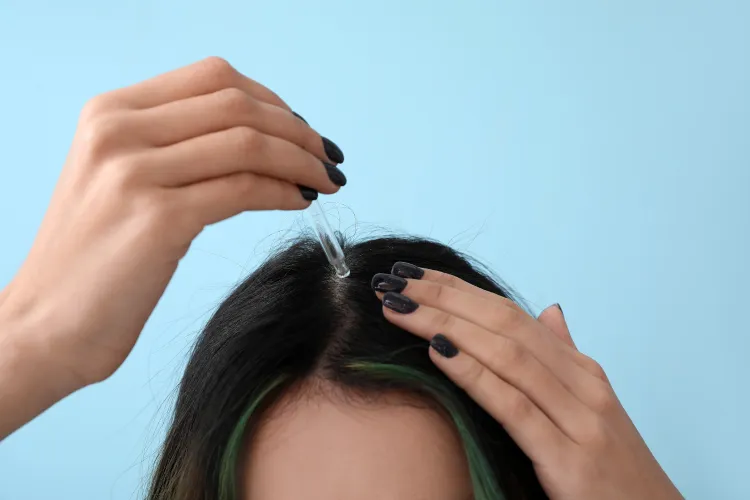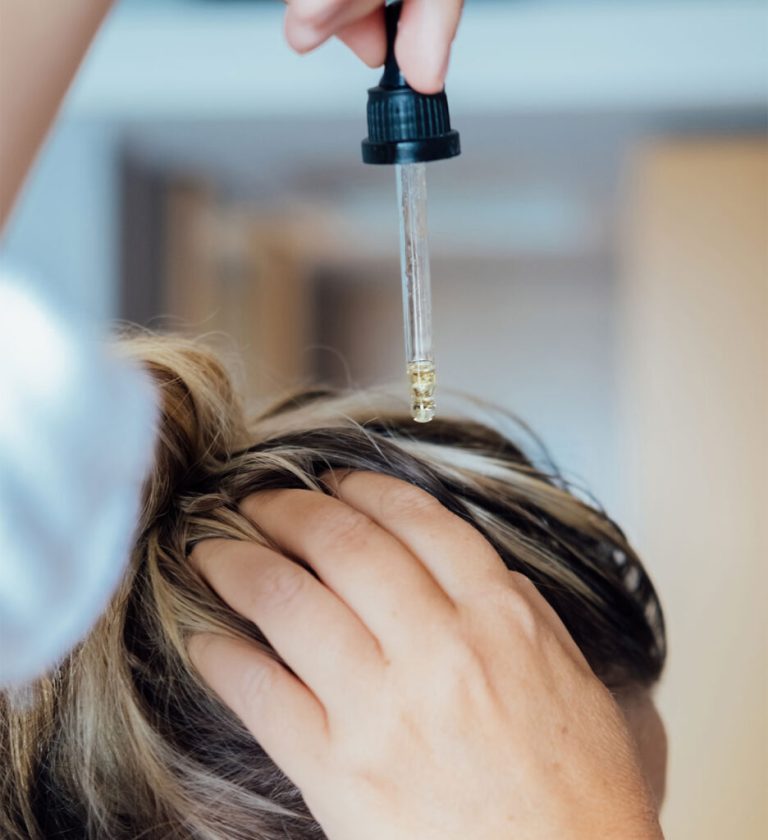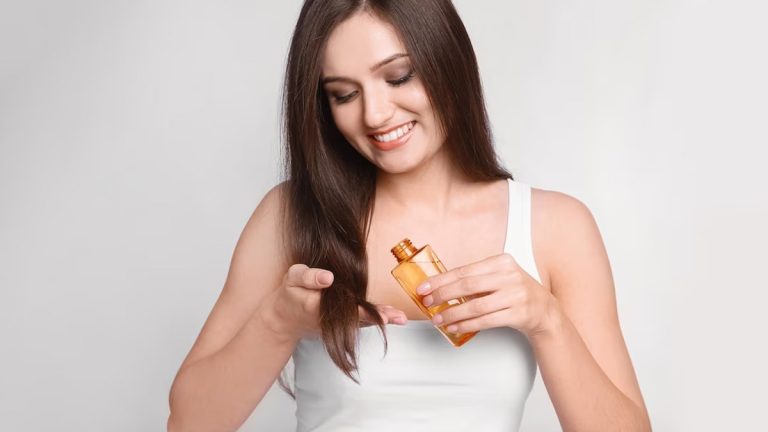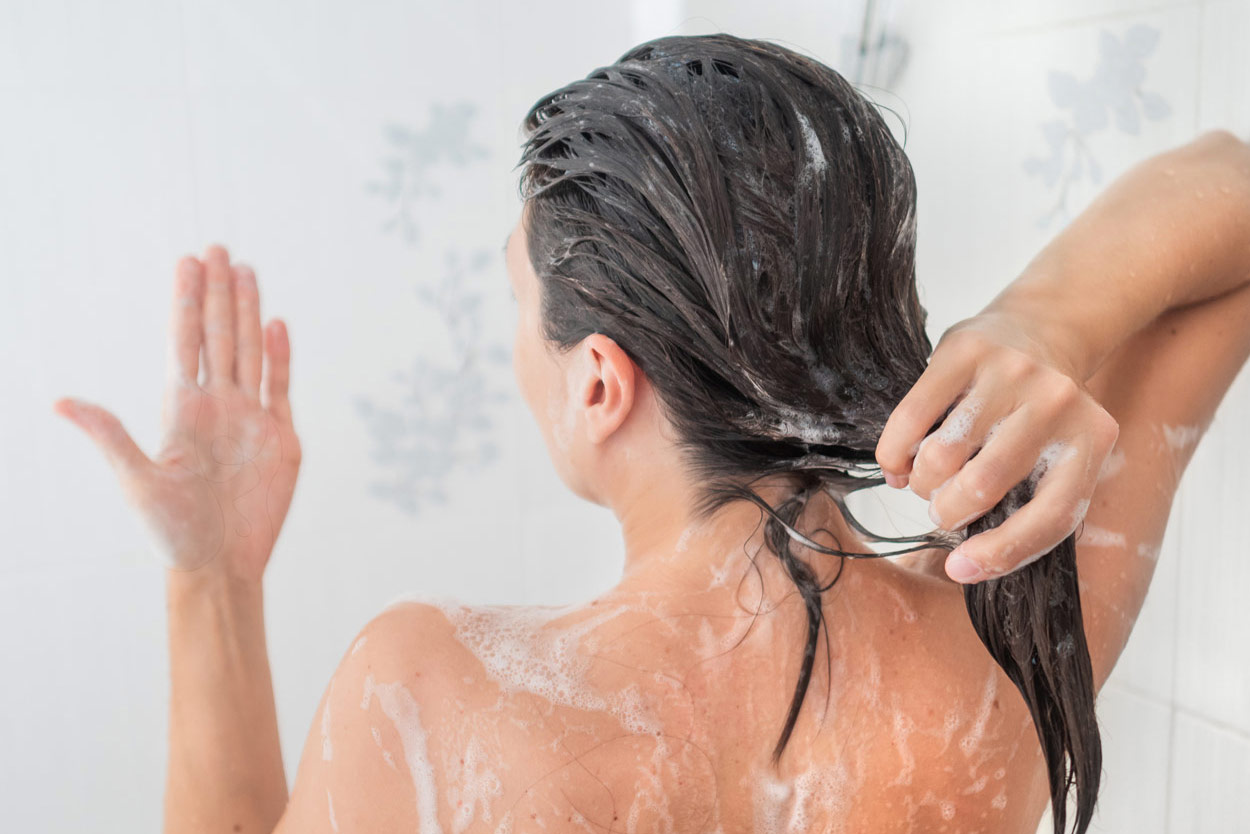
The Golden Elixir: Olive Oil for Hair Health
The Golden Elixir: Olive Oil for Hair Health
Olive oil stands as a powerhouse of hair care. This natural oil boasts a rich history in beauty routines. Ancient civilizations prized olive oil for its nourishing properties. Modern science now backs these traditional uses. Olive oil contains vital nutrients for hair health. Its composition includes oleic acid, palmitic acid, and squalene. These compounds contribute to hair strength and shine. Antioxidants in olive oil protect hair from damage. Vitamin E, in particular, supports a healthy scalp. Many hair care products now incorporate olive oil.
However, pure olive oil remains a popular choice for hair treatments. Its versatility suits various hair types and concerns. From dry, brittle strands to scalp issues, olive oil offers benefits. This natural remedy provides an accessible option for hair care. Its popularity continues to grow among those seeking natural beauty solutions.
The Science Behind Olive Oil’s Hair Benefits
Olive oil’s molecular structure explains its effectiveness. The oil penetrates the hair shaft easily. This penetration allows for deep conditioning. Olive oil’s fatty acids nourish hair from within. They help to strengthen the hair’s keratin protein structure. The oil’s emollient properties smooth the hair cuticle. This smoothing effect reduces frizz and increases shine. Antioxidants in olive oil combat free radical damage.
This protection helps to prevent premature hair aging. Olive oil also has anti-inflammatory properties. These properties can soothe scalp irritation and dandruff. The oil’s moisturizing effects help to prevent hair breakage. It forms a protective layer around the hair shaft. This layer locks in moisture and shields against environmental damage. Olive oil’s nutrients support overall hair health. They contribute to improved hair growth and thickness. The oil’s ability to penetrate the hair makes it more effective than some synthetic products. Scientific studies continue to explore olive oil’s benefits for hair.
How to Use Olive Oil for Different Hair Types
Olive oil adapts to various hair care needs. For dry hair, it serves as an intensive moisturizing treatment. Apply warm olive oil to dry hair and scalp. Leave it on for 30-60 minutes before shampooing. This treatment hydrates and revitalizes dry strands. Those with oily hair should use olive oil sparingly. Focus application on the hair ends to avoid excess scalp oiliness. Curly hair benefits greatly from olive oil’s moisturizing properties.
It helps define curls and reduce frizz. Apply a small amount to damp hair for best results. Fine hair requires a light touch with olive oil. Use it as a pre-shampoo treatment to avoid weighing down strands. Damaged hair can undergo an overnight olive oil treatment. This intensive care helps repair and strengthen brittle hair. For all hair types, start with a small amount of oil. Increase as needed based on hair response. Consistency in application yields the best results. Regular use can improve overall hair health and appearance.
Olive Oil Hair Masks and Treatments
Olive oil forms the base of many effective hair masks. Combining it with other natural ingredients enhances its benefits. An olive oil and honey mask provides deep hydration. Mix equal parts olive oil and honey. Apply to hair and scalp for 30 minutes before rinsing. For protein-rich treatment, combine olive oil with egg. Beat one egg with two tablespoons of olive oil.
Apply to hair for 20 minutes, then shampoo as usual. Avocado and olive oil create a nourishing hair mask. Mash half an avocado with two tablespoons of olive oil. This mask suits dry and damaged hair types. For scalp health, mix olive oil with tea tree oil. Add a few drops of tea tree oil to two tablespoons of olive oil.
Massage into the scalp to combat dandruff and irritation. A banana and olive oil mask offers intense moisture. Blend one ripe banana with two tablespoons of olive oil. Apply to hair for 15-20 minutes before washing. These masks provide targeted solutions for various hair concerns. Experiment to find the most effective combination for individual hair needs.
Incorporating Olive Oil into Daily Hair Care Routine
Daily use of olive oil can improve hair health significantly. Add a few drops to regular shampoo or conditioner. This addition boosts the product’s moisturizing properties. Use olive oil as a leave-in conditioner for dry ends. Apply a tiny amount to damp hair before styling. For heat protection, apply a light coat of olive oil before using hot tools.
This creates a barrier against heat damage. Olive oil can tame flyaways and add shine to styled hair. Rub a drop between palms and smooth over finished hairstyles. As a scalp treatment, massage warm olive oil into the scalp weekly. This promotes blood circulation and nourishes hair follicles. For overnight treatment, apply olive oil to hair and cover with a shower cap.
Wash hair in the morning for intense hydration. Olive oil can also remove stubborn hair product buildup. Apply to hair before shampooing to help dissolve residue. These simple techniques integrate olive oil into daily hair care easily. Consistent use leads to noticeable improvements in hair health and appearance.
Potential Side Effects and Precautions
While generally safe, olive oil may not suit everyone. Some individuals may experience allergic reactions. Perform a patch test before applying olive oil to hair or scalp. Excessive use can lead to product buildup on hair. This buildup may cause hair to appear greasy or limp.
People with naturally oily hair should use olive oil sparingly. Focus application on hair ends rather than the scalp. Olive oil may exacerbate certain scalp conditions. Those with seborrheic dermatitis should consult a dermatologist first. The oil can stain pillowcases and clothing. Use old towels or protective coverings during treatments. Ensure thorough rinsing to remove all oil from hair.
Residual oil can attract dirt and cause scalp issues. Some hair types may find olive oil too heavy. In such cases, lighter oils like argan or jojoba may be preferable. Store olive oil properly to prevent rancidity. Rancid oil can irritate the scalp and damage hair. Always use high-quality, pure olive oil for hair treatments. Avoid using cooking olive oil, which may contain additives. If irritation occurs, discontinue use immediately. Consult a healthcare professional for persistent scalp or hair issues.
Choosing the Right Olive Oil for Hair Care
Not all olive oils are created equal for hair care. Extra virgin olive oils offer the most benefits. It undergoes minimal processing, retaining more nutrients. Look for cold-pressed olive oil for optimal quality. This extraction method preserves the oil’s beneficial compounds. Organic olive oil ensures freedom from pesticides and chemicals.
These contaminants can potentially harm hair and scalp health. Avoid refined olive oils for hair treatments. Refinement strips away many beneficial properties. Check the packaging for pure olive oil without additives. Some brands mix olive oil with cheaper oils. These blends may not provide the same hair benefits. Dark glass bottles protect olive oil from light degradation.
The Future of Olive Oil in Hair Care Innovation
Olive oil’s continues to inspire hair care product development. Advanced formulations incorporate olive oil’s benefits more effectively. Nanotechnology allows for better oil penetration into hair shafts. This technology enhances olive oil’s conditioning properties. Hair care brands explore olive leaf extract as a complementary ingredient. This extract offers additional antioxidant benefits for hair. Olive oil-infused hair tools emerge in the beauty market.
These tools claim to nourish hair during styling processes. Research into olive oil’s impact on hair growth shows promise. Future products may target hair thinning using olive oil compounds. Sustainable sourcing of olive oil becomes a focus for eco-conscious brands. This trend aligns with growing demand for ethical beauty products. Olive oil blends with other natural oils gain popularity. These combinations aim to address multiple hair concerns simultaneously.
The cosmetic industry investigates olive oil’s potential in hair color preservation. Products may soon offer color protection using olive oil derivatives. Olive oil’s role in scalp microbiome health attracts scientific interest. Future scalp treatments may leverage this connection for healthier hair. As consumer preference for natural products grows, olive oil’s importance in hair care will likely increase. Its versatility and effectiveness ensure its continued presence in beauty routines.
Historical Use of Olive Oil in Hair Care
Olive oil’s use in hair care dates back thousands of years. Ancient Egyptians prized olive oil for its beautifying properties. They used it to maintain healthy hair and skin. Greek athletes applied olive oil before competing. This practice protected their skin and hair from sun damage. Romans incorporated olive oil into daily grooming routines.
It served as a hair conditioner and styling product. Mediterranean cultures passed down olive oil ‘s hair treatments through generations. These traditional practices laid the foundation for modern uses. In many cultures, olive oil symbolized health and vitality. Its application to hair reflected desires for strength and beauty. Historical texts mention olive oil’s benefits for hair growth and shine. These early observations align with current scientific findings.
Olive oil played a role in religious and cultural hair care rituals. Its significance extended beyond mere cosmetic use. Ancient medicinal texts cited olive oil as a remedy for scalp conditions. Many of these traditional uses find validation in modern research. The historical prominence of olive oils in hair care underscores its enduring value. Centuries of use testify to its effectiveness and versatility.
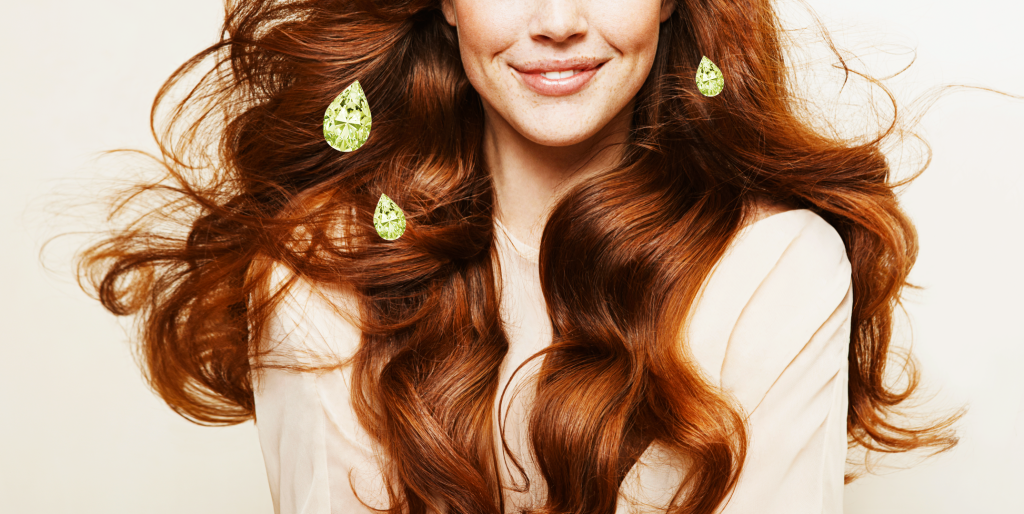
Olive Oil Compared to Other Natural Hair Oils
Olive oil stands out among various natural hair oils. It offers a unique combination of benefits and accessibility. Coconut oil, another popular choice, penetrates hair shafts deeply. However, olive oil provides more surface conditioning. Argan oil, known for its luxury status, shares similar fatty acid compositions.
Olive oil offers comparable benefits at a more accessible price point. Jojoba oil mimics human sebum closely. Olive oil, while different, still provides excellent moisturizing properties. Castor oil is praised for promoting hair growth. Olive oil’s complements this with overall hair strengthening benefits. Almond oil is lightweight and suits fine hair types. Olive oil’s versatility makes it suitable for a broader range of hair textures. Grapeseed oil is known for its high antioxidant content.
Olive oil’s matches this with its own potent antioxidant profile. Avocado oil shares olive oil’s deep conditioning properties. Both oils excel in treating very dry or damaged hair. Each oil offers unique benefits for hair care. Olive oil’s balanced profile makes it a versatile choice for many. Its widespread availability and affordability increase its appeal. Many hairs care enthusiasts combine olive oils with other natural oils. This approach harnesses the strengths of multiple oils for optimal hair health.
DIY Olive Oil Hair Products
Creating homemade hair’s products with olive oil is simple and effective. An olive oil’s hair serum combines olive oils with essential oils. Mix 1/4 cup olive oil with a few drops of lavender or rosemary oil. Apply this serum to hair ends for shine and moisture. For a nourishing hair spray, mix olive oils with water and aloe vera gel. Combine 2 tablespoons olive oil, 1/2 cup water, and 1 tablespoon aloe vera gel. Shake well and spray on damp hair for a leave-in conditioner.
Create a scalp scrub by mixing olive oil with sea salt. Blend 2 tablespoons olive oil with 1 tablespoon sea salt. Gently massage into the scalp to exfoliate and nourish. An olive oil deep conditioner incorporates honey and yogurt. Mix 1/4 cup olive oil, 1/4 cup honey, and 1/4 cup yogurt. Apply to hair for 20 minutes before rinsing for intense hydration. For a hair-strengthening treatment, combine olive oils with egg yolk. Whisk 2 tablespoons olive oil with one egg yolk. Apply to hair for 15 minutes before washing.
These DIY treatments offer cost-effective, natural hair care solutions. They allow for customization based on individual hair needs. Experiment with ingredients and ratios to find the perfect blend. Always patch test new mixtures to ensure skin compatibility. Store homemade products in clean, airtight containers. Use within a week to ensure freshness and effectiveness.
